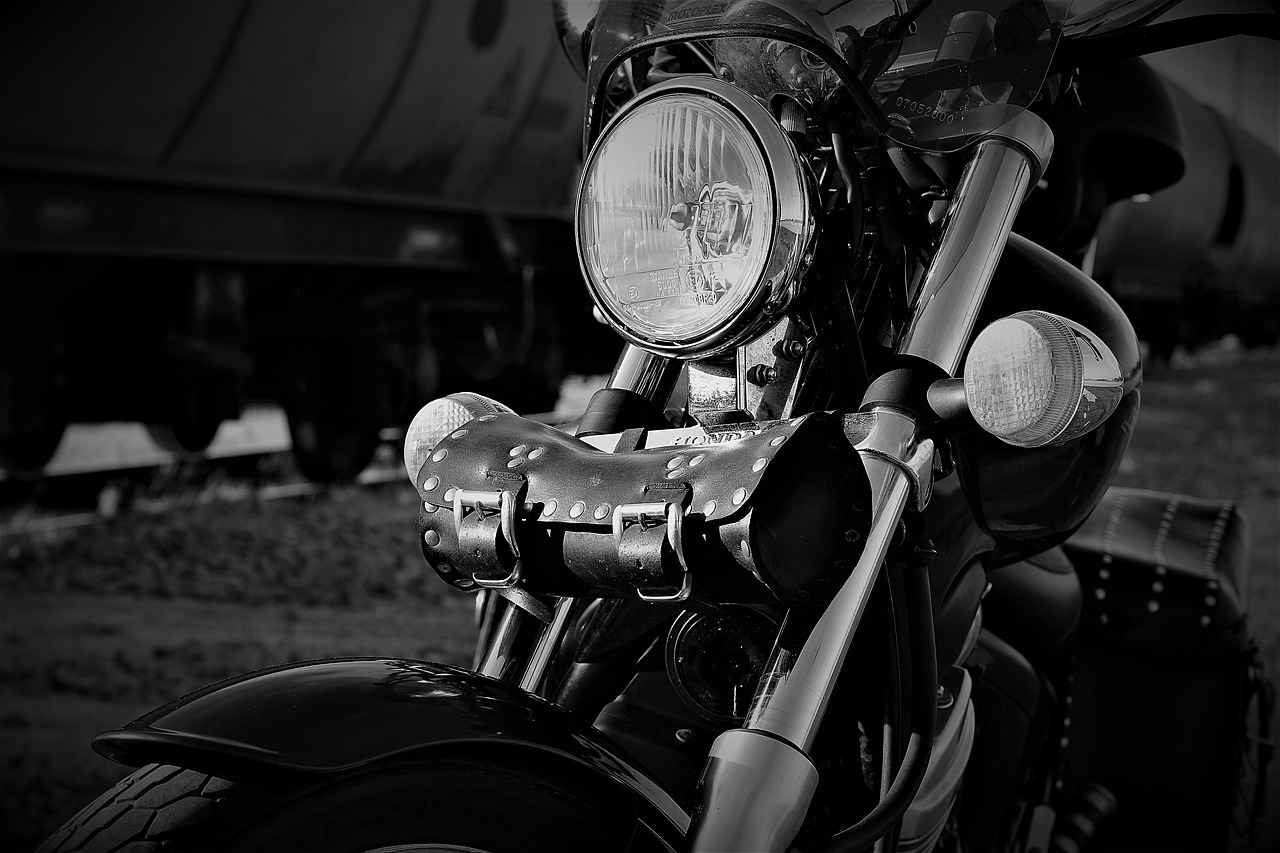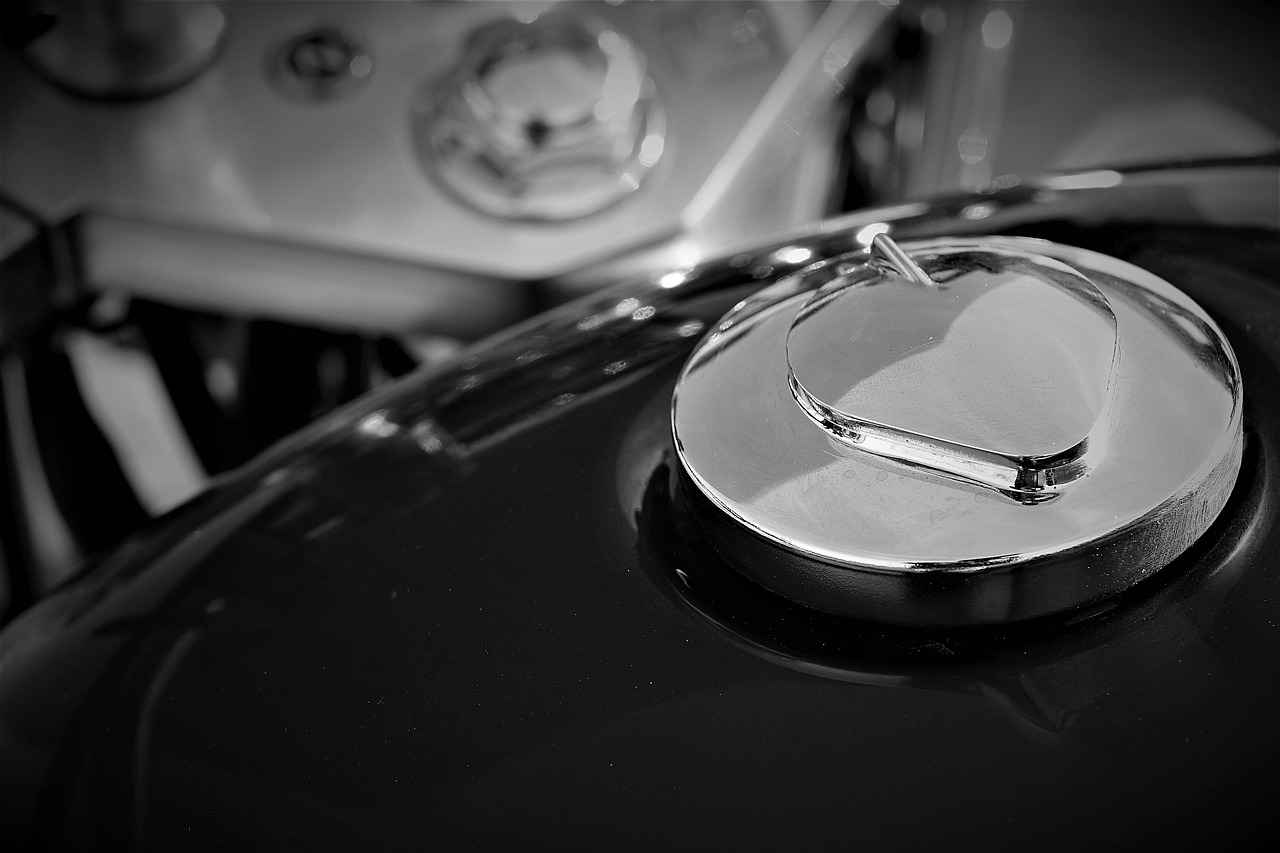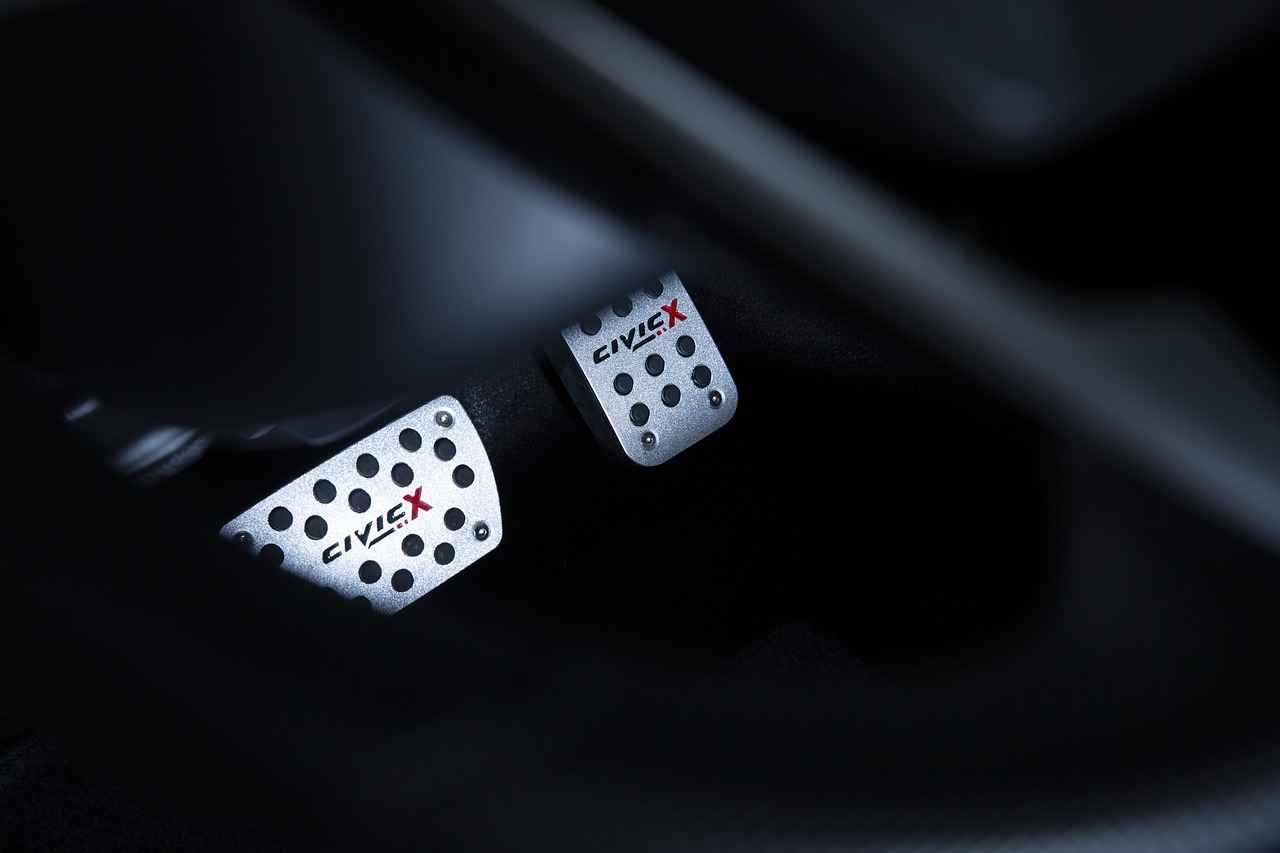The 2021 Honda Civic Type R continues to impress enthusiasts and casual drivers alike with its remarkable blend of performance and practicality. This model not only upholds the legacy of its predecessors but also introduces several enhancements that set it apart in the competitive hot hatch market.
Overview of the 2021 Honda Civic Type R
The 2021 model showcases a turbocharged 2.0-liter inline-4 engine that produces an exhilarating 306 horsepower and 295 lb-ft of torque. With a 0-60 mph time of just 5.0 seconds, it remains a formidable contender in its class. Its front-wheel-drive layout, paired with a 6-speed manual transmission, delivers an engaging driving experience.
Performance Enhancements in the 2021 Model
- Suspension Tuning: Enhanced suspension settings improve handling and ride comfort.
- Aerodynamics: Tweaked bodywork contributes to better airflow and stability at high speeds.
Engine Specifications and Power Output
The heart of the Civic Type R is its dynamic turbocharged engine. This section highlights how its specifications compare favorably to earlier models, illustrating significant gains in both power and efficiency.
Exterior Design Updates
The 2021 Civic Type R features a more aggressive front fascia and a redesigned rear spoiler. These changes are not just aesthetic; they also enhance the vehicle’s aerodynamic efficiency.
Interior Features and Technology
Inside, the 2021 model combines comfort with cutting-edge technology. The infotainment system has been upgraded for better user experience, offering seamless connectivity and advanced features. Additionally, a suite of driver assistance technologies enhances safety, making it a well-rounded choice for daily driving.
In summary, the 2021 Honda Civic Type R stands out due to its impressive performance, thoughtful design updates, and advanced technology features, making it a top pick in the hot hatch segment.

Overview of the 2021 Honda Civic Type R
The 2021 Honda Civic Type R is a remarkable continuation of Honda’s celebrated performance hatchback lineage. Known for its impressive balance of power, agility, and everyday usability, this model stands out in a competitive market. With an array of enhancements and refinements, the 2021 version builds on the strengths of its predecessors while introducing new features aimed at both driving enthusiasts and practical users.
At the heart of the Civic Type R is its turbocharged 2.0-liter inline-4 engine, which produces an exhilarating 306 horsepower and 295 lb-ft of torque. This robust powertrain is paired with a 6-speed manual transmission, allowing for precise gear shifts that enhance the driving experience. The Type R’s front-wheel-drive configuration, combined with a sophisticated limited-slip differential, ensures exceptional traction and handling, making it a true driver’s car.
In terms of suspension and handling, the 2021 model features an upgraded system that includes adaptive dampers and a stiffer chassis. These enhancements contribute to improved ride quality and cornering stability, allowing drivers to tackle winding roads with confidence. The braking system has also been refined, featuring larger rotors and calipers that provide consistent stopping power under demanding conditions.
The exterior design of the Civic Type R has been subtly updated, with a more aggressive front fascia that enhances both aesthetics and aerodynamics. The iconic rear spoiler remains a signature element, aiding in downforce and stability at high speeds. Inside, the cabin combines sportiness with comfort, featuring high-quality materials and a user-friendly infotainment system that includes smartphone integration and advanced connectivity options.
Overall, the 2021 Honda Civic Type R successfully merges performance and practicality, making it a standout choice for those seeking a thrilling driving experience without sacrificing everyday usability.

Performance Enhancements in the 2021 Model
The 2021 Honda Civic Type R has taken a significant leap forward in terms of performance, making it a standout choice for enthusiasts and everyday drivers alike. With a series of carefully engineered upgrades, this model promises an exhilarating driving experience that combines power and precision.
One of the most notable enhancements is the refined suspension tuning. This improvement allows for better handling and stability, particularly during aggressive cornering. The engineers have meticulously adjusted the dampers and spring rates, resulting in a suspension setup that not only absorbs bumps effectively but also enhances the car’s responsiveness. As a result, drivers can expect a more connected feel to the road, translating into greater confidence behind the wheel.
In addition to suspension improvements, the aerodynamics of the 2021 model have also been optimized. The redesigned front fascia and rear spoiler work together to reduce drag and increase downforce, which is crucial for high-speed stability. These aerodynamic enhancements not only contribute to improved performance but also add to the car’s aggressive aesthetic, making it visually striking on the road.
The heart of the Civic Type R remains its turbocharged 2.0-liter inline-4 engine, delivering impressive power output. With these performance upgrades, the engine feels even more responsive, allowing for swift acceleration and a thrilling driving experience. The balance between power and handling has been carefully calibrated, ensuring that drivers can enjoy both speed and control.
Moreover, the braking system has also seen enhancements, providing better stopping power and pedal feel. This is essential for a performance vehicle, as it allows drivers to push the limits without compromising safety. The combination of these upgrades makes the 2021 Honda Civic Type R a formidable contender in the hot hatch segment, appealing to those who seek both excitement and practicality.
Engine Specifications and Power Output
The 2021 Honda Civic Type R is renowned for its exhilarating performance, and at the core of this impressive vehicle lies its turbocharged engine. This section delves into the intricate details of the engine specifications, power output, and how it stands in comparison to its predecessors.
The Civic Type R is equipped with a 2.0-liter inline-4 turbocharged engine, which is a powerhouse designed to deliver an exhilarating driving experience. This engine produces a staggering 306 horsepower and 295 lb-ft of torque, allowing the vehicle to accelerate from 0 to 60 mph in approximately 5.0 seconds. This impressive power output is not just a number; it translates into a thrilling ride that enthusiasts crave.
When compared to earlier models, the 2021 iteration showcases a refined performance profile. The previous generation Type R, while still powerful, delivered slightly less horsepower and torque. This increase in performance is attributed to advancements in turbocharging technology and engine tuning, which enhance both efficiency and responsiveness.
| Model Year | Horsepower | Torque | 0-60 mph |
|---|---|---|---|
| 2017 Type R | 306 hp | 295 lb-ft | 5.0 seconds |
| 2021 Type R | 306 hp | 295 lb-ft | 5.0 seconds |
Additionally, the engine’s direct fuel injection and variable valve timing contribute to its efficiency, ensuring that drivers enjoy both power and fuel economy. The integration of a 6-speed manual transmission further enhances the driving experience, allowing drivers to feel more connected to the road.
In summary, the engine specifications and power output of the 2021 Honda Civic Type R solidify its status as a leader in the hot hatch segment. Its combination of power, efficiency, and advanced technology not only meets but exceeds the expectations set by its predecessors.
Turbocharged 2.0-Liter Inline-4 Engine
The 2021 Honda Civic Type R is renowned for its exhilarating performance, and at the heart of this remarkable vehicle lies the . This powerhouse is engineered to deliver an impressive balance of horsepower and torque, pushing the boundaries of what a hot hatch can achieve.
Producing up to 306 horsepower and 295 lb-ft of torque, the engine not only ensures rapid acceleration but also enhances the overall driving experience. The turbocharger optimizes air intake, allowing the engine to respond swiftly and efficiently, making it a delight for enthusiasts who crave thrilling rides.
One of the standout features of this engine is its efficiency. Despite its powerful output, the Type R manages to maintain respectable fuel economy, making it suitable for daily driving without sacrificing performance. This duality is a testament to Honda’s engineering prowess, as they have succeeded in creating a performance-oriented engine that is also practical for everyday use.
Moreover, the engine is paired with a 6-speed manual transmission, which allows for precise gear shifts and an engaging driving experience. This combination of a turbocharged engine and a manual gearbox ensures that drivers feel connected to the vehicle, enhancing their overall enjoyment behind the wheel.
In terms of drivetrain dynamics, the Civic Type R features a front-wheel-drive layout that is complemented by a sophisticated limited-slip differential. This setup not only improves traction and stability during aggressive cornering but also contributes to a more responsive handling characteristic, allowing drivers to navigate twists and turns with confidence.
Overall, the turbocharged 2.0-liter inline-4 engine of the 2021 Honda Civic Type R is a marvel of modern engineering, combining power, efficiency, and driving pleasure in a single package. It stands as a defining feature that sets the Type R apart in the competitive landscape of performance vehicles.
Transmission and Drivetrain Features
The transmission system of the 2021 Honda Civic Type R is a pivotal element that significantly influences its overall performance and driving dynamics. This section provides an in-depth look at the manual transmission options and all-wheel-drive capabilities that enhance both handling and control, ensuring that the Civic Type R remains a top contender in the hot hatch market.
At the heart of the Civic Type R’s exhilarating performance is its 6-speed manual transmission. This gearbox is designed not only for precision but also for a more engaging driving experience. With short throw shifters and a well-defined clutch feel, drivers can enjoy seamless gear changes that contribute to the car’s sporty character. The manual transmission allows enthusiasts to maintain full control over power delivery, making it an ideal choice for those who appreciate the art of driving.
In addition to the manual transmission, the Civic Type R features an advanced front-wheel-drive system that enhances its agility and responsiveness on the road. This system is complemented by a sophisticated limited-slip differential that optimizes traction during aggressive cornering. The result is a vehicle that feels planted and confident, even in challenging driving conditions.
Furthermore, the Civic Type R’s drivetrain technology includes a dynamic torque vectoring system. This feature intelligently distributes power between the front wheels, allowing for improved handling and stability. As a result, drivers can navigate sharp turns with ease, experiencing a level of control that is often reserved for more expensive performance vehicles.
Overall, the combination of a precise manual transmission and cutting-edge drivetrain features ensures that the 2021 Honda Civic Type R delivers a thrilling driving experience. Whether on the track or the open road, this model stands out for its exceptional handling and control, making it a favorite among driving enthusiasts.
Suspension and Handling Improvements
The 2021 Honda Civic Type R stands out not only for its impressive power and performance but also for its . Upgrading the suspension system is crucial for any performance vehicle, as it directly affects how the car responds to road conditions and driver inputs.
The enhancements made to the suspension system of the Civic Type R include a refined adaptive damper system, which adjusts the damping force in real-time based on driving conditions. This allows for a more responsive ride, ensuring that the vehicle maintains stability during aggressive cornering and provides a smoother experience on uneven surfaces.
- Improved Shock Absorbers: The new shock absorbers are designed to reduce body roll and enhance grip, allowing drivers to push the car closer to its limits without sacrificing comfort.
- Upgraded Springs: The springs have been re-engineered to provide better weight distribution, which improves traction and handling dynamics.
- Stiffer Anti-Roll Bars: These bars help minimize body lean during sharp turns, contributing to a more planted feel on the road.
These suspension upgrades not only enhance handling but also significantly improve ride comfort. The balance between performance and comfort is essential for a vehicle that is intended for both everyday use and spirited driving. Drivers can expect a more engaging experience behind the wheel, as the enhancements allow for better feedback and control.
Additionally, the lowered ride height of the Civic Type R contributes to its aerodynamic profile, further enhancing performance at higher speeds. This combination of factors makes the 2021 model a formidable contender in the hot hatch segment, appealing to enthusiasts and everyday drivers alike.

Exterior Design Updates
The 2021 Honda Civic Type R showcases a series of that not only enhance its sporty aesthetic but also improve its overall performance. These updates reflect Honda’s commitment to both style and functionality, ensuring that the Type R remains a standout in the competitive hot hatch market.
One of the most noticeable changes is the front fascia. The redesigned grille and bumper not only provide a more aggressive look but also improve airflow to the engine. This enhancement contributes to better cooling and performance, allowing the vehicle to maintain optimal temperatures during spirited driving. The sharp lines and contours create a dynamic appearance, making the Type R look ready to take on the track at a moment’s notice.
Additionally, the headlight design has been refined, featuring LED technology that provides improved visibility and a modern touch. The integration of these lights with the overall front design enhances the car’s aerodynamic efficiency, further supporting its performance-oriented nature.
Moving to the rear, the signature rear spoiler has been updated for 2021. This prominent feature not only adds to the car’s sporty profile but also plays a crucial role in aerodynamics. The spoiler generates downforce, which enhances stability at high speeds, making the Type R more agile and responsive on the road.
Furthermore, the side skirts have been subtly redesigned to improve airflow along the vehicle’s body. This update not only adds to the aggressive stance of the Type R but also contributes to its overall aerodynamic performance.
In summary, the 2021 Civic Type R features a blend of subtle yet impactful design changes that elevate its sporty aesthetic while ensuring functional performance. These updates reaffirm Honda’s dedication to creating a vehicle that is not only visually appealing but also engineered for excellence on the road.
Front Fascia and Grille Design
The 2021 Honda Civic Type R has made significant strides in its design, particularly with the front fascia and grille. This redesign not only enhances the vehicle’s visual appeal but also plays a crucial role in its overall performance.
The newly sculpted front fascia features sharper lines and a more aggressive stance, which contribute to a more dynamic look. The grille design has been optimized to facilitate better airflow, allowing for improved engine cooling and enhanced aerodynamic efficiency. This is particularly important for a performance-oriented vehicle like the Civic Type R, where every detail matters.
One of the standout features of the updated front fascia is its integration of larger air intakes. These intakes are strategically placed to channel air directly to the engine, ensuring that it operates at peak performance even under strenuous conditions. The redesign not only serves an aesthetic purpose but also significantly impacts the vehicle’s thermal management.
| Design Feature | Impact on Performance |
|---|---|
| Larger Air Intakes | Improved engine cooling |
| Sharper Lines | Enhanced aerodynamic efficiency |
| Aggressive Stance | Improved visual appeal |
Moreover, the aerodynamic improvements achieved through this redesign help reduce drag, which can lead to better fuel efficiency and higher top speeds. The Civic Type R is designed not just for looks but for performance, and the front fascia plays a pivotal role in achieving that goal.
In summary, the redesign of the front fascia and grille of the 2021 Honda Civic Type R is a prime example of how aesthetic changes can significantly influence a vehicle’s performance. By enhancing airflow and reducing drag, Honda has ensured that the Civic Type R remains competitive in the hot hatch segment, appealing to both enthusiasts and everyday drivers alike.
Rear Spoiler and Aerodynamics
The rear spoiler of the 2021 Honda Civic Type R is not just a striking visual element; it is an essential component that significantly enhances the vehicle’s aerodynamic efficiency. This section delves into the intricate design of the rear spoiler and its crucial role in optimizing the car’s performance on the road.
Designed with precision, the rear spoiler of the Type R is a prime example of how aesthetics and functionality can coexist. Its sleek lines and aggressive stance not only contribute to the car’s sporty appearance but also serve a vital purpose. The spoiler is engineered to create downforce, which helps to keep the vehicle stable at high speeds, improving traction and handling.
- Material and Construction: The rear spoiler is crafted from lightweight materials, ensuring that it does not add unnecessary weight to the vehicle while maintaining structural integrity.
- Wind Tunnel Testing: Extensive wind tunnel testing has been conducted to refine the spoiler’s shape, ensuring optimal airflow over the car’s body. This testing is crucial for minimizing drag and maximizing performance.
- Adjustable Features: Some models offer adjustable settings for the rear spoiler, allowing drivers to customize the level of downforce based on their driving style or conditions.
In addition to enhancing performance, the rear spoiler contributes to the overall aesthetic appeal of the Civic Type R. It embodies the spirit of motorsport, reflecting Honda’s commitment to engineering excellence. This attention to detail not only sets the Type R apart from its competitors but also reinforces its status as a leader in the hot hatch segment.
Ultimately, the rear spoiler is a testament to Honda’s dedication to performance and innovation. By combining cutting-edge design with practical functionality, the Type R continues to raise the bar for what a high-performance hatchback can achieve.

Interior Features and Technology
The 2021 Honda Civic Type R is not just about performance; it also excels in providing a comfortable and technologically advanced interior. This section delves into the various interior features that enhance both the driving experience and passenger comfort.
Inside the Civic Type R, comfort is prioritized without compromising on the sporty feel. The seats are designed with high-quality materials, offering excellent support during spirited drives. The racing-inspired front seats are not only comfortable but also provide ample bolstering, ensuring that occupants remain secure during dynamic maneuvers.
The infotainment system in the 2021 Civic Type R has received significant enhancements. It features a 7-inch touchscreen display that offers intuitive controls for navigation, music, and connectivity options. The integration of Apple CarPlay and Android Auto allows for seamless smartphone connectivity, enabling drivers to access their favorite apps with ease. Additionally, the upgraded audio system delivers a premium sound experience, making every drive enjoyable.
Safety is a top priority, and the 2021 Civic Type R is equipped with an array of driver assistance features. These include:
- Collision Mitigation Braking System: Helps prevent accidents by applying brakes when a collision is imminent.
- Lane Keeping Assist: Provides steering assistance to help keep the vehicle centered in its lane.
- Adaptive Cruise Control: Maintains a set speed while automatically adjusting to the speed of the car ahead.
These features not only enhance safety but also contribute to a more relaxed driving experience, especially during long journeys.
The Civic Type R offers various customization options for its interior, allowing owners to tailor the cabin to their preferences. From different upholstery choices to accent stitching, the level of personalization enhances the overall aesthetic appeal and makes the interior feel unique.
In summary, the interior of the 2021 Honda Civic Type R is a perfect blend of comfort and technology, making it a standout in its class. With its advanced infotainment system, comprehensive driver assistance features, and luxurious seating, it ensures that every journey is both enjoyable and safe.
Infotainment System Upgrades
The infotainment system in the 2021 Honda Civic Type R has undergone remarkable enhancements, setting a new standard for connectivity and user experience in the competitive hot hatch segment. With a focus on usability and functionality, these upgrades are designed to meet the demands of modern drivers.
- Enhanced Touchscreen Interface: The new model features a larger, more responsive touchscreen that allows for effortless navigation through menus and applications. This improvement ensures that drivers can access their favorite features quickly and safely.
- Apple CarPlay and Android Auto: Seamless integration with both Apple and Android devices means that users can easily connect their smartphones to the infotainment system. This functionality enables access to navigation, music, and communication apps directly from the car’s display.
- Advanced Voice Recognition: The upgraded voice recognition system allows drivers to control various functions hands-free. This feature enhances safety by minimizing distractions and enabling a more focused driving experience.
- Improved Sound System: The Civic Type R comes equipped with a premium sound system that delivers high-quality audio. Whether listening to music or podcasts, the clarity and depth of sound enhance the overall driving ambiance.
- Real-Time Traffic Updates: With integrated GPS functionality, the infotainment system provides real-time traffic updates, helping drivers to navigate around congestion and reach their destinations more efficiently.
These upgrades not only enhance the user experience but also promote a more connected and enjoyable drive. The focus on technology in the 2021 Honda Civic Type R reflects the brand’s commitment to innovation, ensuring that drivers have the tools they need for both performance and convenience.
Driver Assistance Features
The 2021 Honda Civic Type R not only excels in performance and design but also prioritizes driver safety through advanced driver assistance features. These technologies are designed to enhance the driving experience while providing peace of mind on the road.
- Collision Mitigation Braking System (CMBS): This feature uses a forward-facing camera and radar to detect potential collisions. If a collision is imminent, the system automatically applies the brakes to help reduce impact.
- Road Departure Mitigation System (RDM): This system helps prevent the vehicle from leaving the roadway unintentionally. It can apply brakes or adjust steering if it detects that the car is about to drive off the road.
- Adaptive Cruise Control (ACC): ACC maintains a set speed while automatically adjusting to the speed of the vehicle ahead, allowing for a more relaxed driving experience during long trips.
- Lane Keeping Assist System (LKAS): This feature helps keep the vehicle centered in its lane by providing subtle steering adjustments, enhancing safety during highway driving.
- Traffic Sign Recognition (TSR): TSR identifies and displays important traffic signs, such as speed limits and stop signs, on the driver’s display, ensuring that crucial information is always at hand.
These driver assistance technologies work together to create a safer driving environment. The Civic Type R’s commitment to safety is evident, as it not only enhances the driving experience but also helps prevent accidents. With these features, drivers can feel more confident behind the wheel, knowing that their vehicle is equipped with cutting-edge safety technology.
In addition to these features, the Civic Type R also incorporates a robust structure and advanced airbag systems, further enhancing passenger safety. The combination of performance and safety makes the 2021 Honda Civic Type R a standout choice for those seeking a thrilling yet secure driving experience.
Frequently Asked Questions
- What are the main performance upgrades in the 2021 Honda Civic Type R?
The 2021 Honda Civic Type R boasts enhanced suspension tuning and improved aerodynamics, which significantly boost its driving dynamics. These upgrades ensure a more exhilarating and responsive driving experience, making it a standout in the hot hatch category.
- How does the turbocharged engine compare to previous models?
The 2021 model features a powerful turbocharged 2.0-liter inline-4 engine that delivers impressive horsepower and torque. Compared to earlier models, this engine provides better efficiency and performance, ensuring that every drive is thrilling.
- What interior features have been improved in the 2021 model?
Inside the 2021 Civic Type R, you’ll find significant upgrades to the infotainment system, enhancing connectivity and user experience. Additionally, advanced driver assistance features have been included to promote a safer and more enjoyable driving environment.
- Are there any design changes to the exterior?
Yes! The 2021 Civic Type R showcases subtle yet impactful design updates, particularly in the front fascia and grille, which improve airflow. The rear spoiler remains a signature feature, contributing to the car’s aerodynamic efficiency while maintaining its sporty aesthetic.















